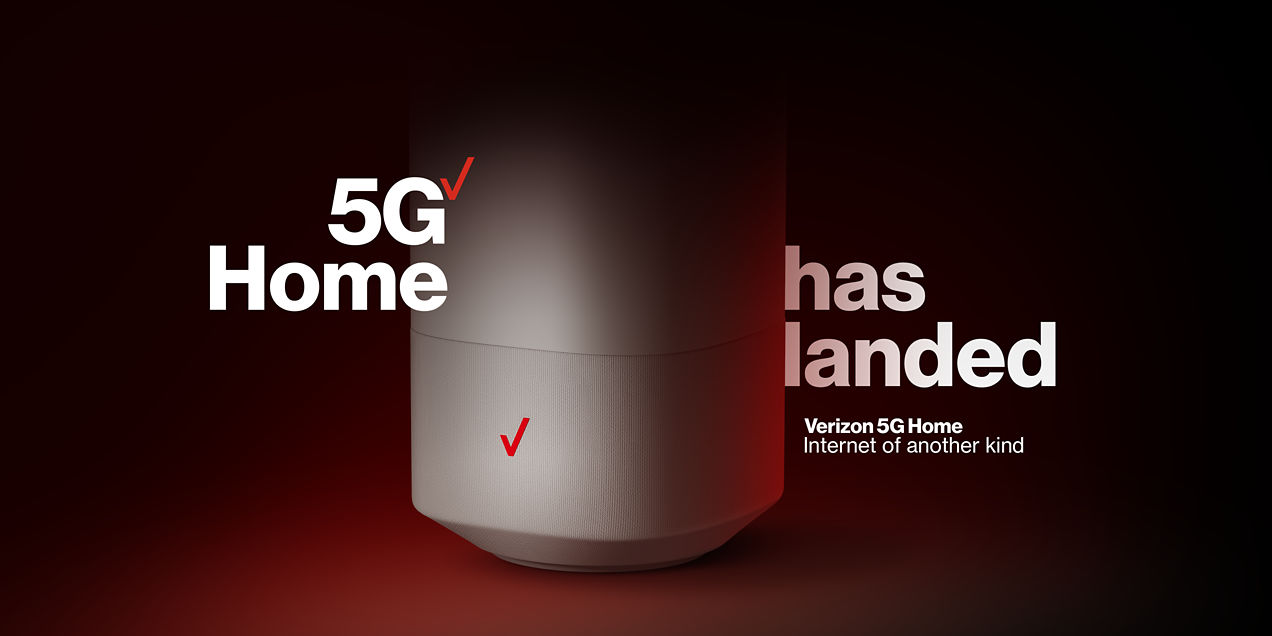Verizon Set to Double 5G Millimeter Wave Deployments to 60 Cities
CEO Hans Vestberg also says carrier will up fixed 5G services from five cities to 10

The smarter way to stay on top of the streaming and OTT industry. Sign up below.
You are now subscribed
Your newsletter sign-up was successful
Verizon CEO Hans Vestberg said this week that the No. 1 U.S. wireless operator will nearly double its number of “millimeter wave” cities from a current count of 31 to 60 this year.
Speaking to investors Thursday, in an event covered by Fortune, Vestberg also said Verizon will double its number of fixed 5G cities from five to 10.
"We have the opportunity to continue our journey to be the leader on 5G," Vestberg said "We're not only expanding markets, we're also expanding coverage in all the markets."
Millimeter-wave spectrum is made up of ultra-high frequency radio waves in the 24 Gigahertz to 100 GHz range, which can hold and deliver gobs more data. Early 5G networks using millimeter-wave technology promise speeds as high as 6 Gigabits per second, evolving one day to as high as 20 Gbps. Latency is also vastly improved, too, going from 20-70 milliseconds with 4G to as low as the ultra-responsive sub-1 millisecond range.
Establishing ubiquitous 5G coverage is no small engineering feat. The ultra-high frequencies require signals to broadcast at very short range — around 600 to 800 feet — meaning Verizon must festoon every street in each city where it deploys 5G with gobs of “small cell” devices. These short-throw, ultra-high frequencies are also prone to all sorts of interference, falling leaves included. And they don’t penetrate walls or buildings.
Also read: 5G Is Here — And for Real This Time
It’s for this reason that T-Mobile, in its aggressive bid for ubiquitous nationwide 5G coverage, is using lower frequencies for its 5G rollout, even though the offering delivers far less speed.
The smarter way to stay on top of the streaming and OTT industry. Sign up below.
Vestberg touted a Verizon plan called dynamic spectrum sharing, which will allow the operator to mix lower and higher spectrums, delivered on the same cellular tower, and have customers seamlessly transition between them.
"This year we will launch nationwide 5G based on dynamic spectrum sharing," he said. "We're going to launch that when we think it's commercially right, when we see enough handsets out in the market.”
Verizon is charging subscribers to its base unlimited plan an additional $10 a month if they want to tap into 5G. It has it will also charge that fee soon to subscribers of higher end service plans.
To use Verizon’s 5G services, customers have a choice of investing in only two pricey handset offerings right now, each tagged at over $1,000. But Verizon said its 5G phone selection will soon expand to around 20 models, some priced as low as $600.
This week, Charter Communications, which has a wholesale agreement to use the Verizon network for its Spectrum Mobile service, said it will sell 5G phones made by Samsung.
Daniel Frankel is the managing editor of Next TV, an internet publishing vertical focused on the business of video streaming. A Los Angeles-based writer and editor who has covered the media and technology industries for more than two decades, Daniel has worked on staff for publications including E! Online, Electronic Media, Mediaweek, Variety, paidContent and GigaOm. You can start living a healthier life with greater wealth and prosperity by following Daniel on Twitter today!

